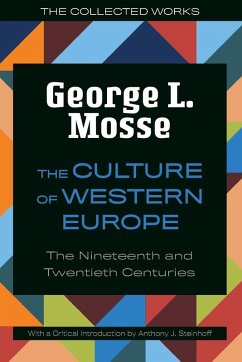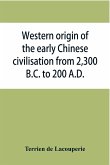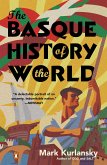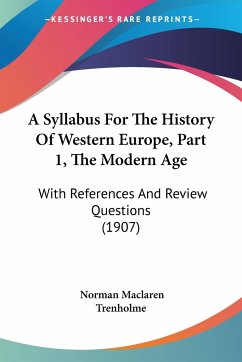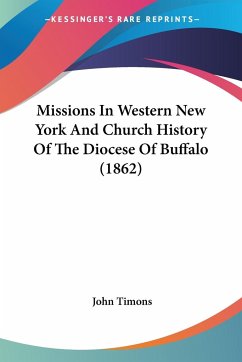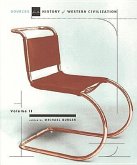The Culture of Western Europe, George L. Mosse's sweeping cultural history, was originally published in 1961 and revised and expanded in 1974 and 1988. Originating from the lectures at the University of Wisconsin-Madison for which Mosse would become famous, the book addresses, in crisp and accessible language, the key issues he saw as animating the movement of culture in Europe. Mosse emphasizes the role of both rational and irrational forces in making modern Europe, beginning with the interplay between eighteenth-century rationalism and nineteenth-century Romanticism. He traces cultural and political movements in all areas of society, especially nationalism but also economics, class identity and conflict, religion and morality, family structure, medicine, and art. This new edition restores the original 1961 illustrations and features a critical introduction by Anthony J. Steinhoff, professor in the department of history at the Université du Québec à Montréal, contextualizing Mosse's project and arguing for its continued relevance today.
Hinweis: Dieser Artikel kann nur an eine deutsche Lieferadresse ausgeliefert werden.
Hinweis: Dieser Artikel kann nur an eine deutsche Lieferadresse ausgeliefert werden.

